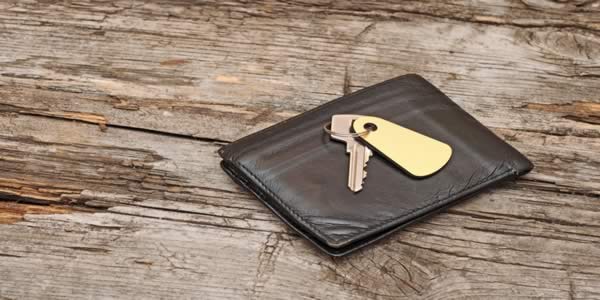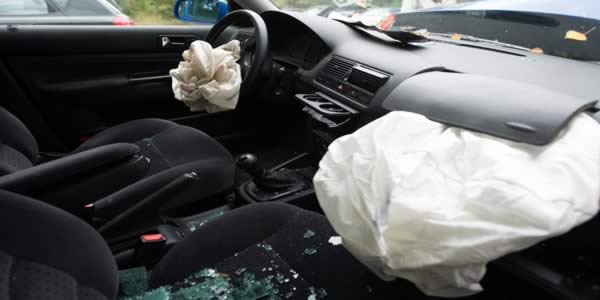As criminal lawyers in Charleston, South Carolina, our clients have been offered many different types of pleas by prosecutors. For any criminal defendant, it is very important to understand the different types of pleas in South Carolina and how each type of plea may impact your future such as finding a job, entering college, and staying out of jail. The types of pleas that may be offered by a criminal prosecution to a defendant can be a bit confusing. So, we’ve laid out the five (5) basic types of pleas in South Carolina with a brief explanation of each type and an explanation of criminal plea bargains.
Not Guilty Pleas in South Carolina
A defendant may plead “not guilty” to the charge. When this occurs, the accused has an absolute right to a trial by jury. However, the accused can choose to have a the case decided by a judge instead of a jury. During the trial, the police officer or prosecutor will present the case through one or more witnesses and possibly introduce other evidence such as documents or video. The defendant or defendant’s lawyer will be able to cross-examine the witnesses. After the prosecution rests their case, the defendant will decide whether to present a case, which includes the decision of whether to testify or remain silent. The burden of proof falls on the prosecution, so the defendant is not required to present a case if he or she feels the prosecution did not meet its burden.
Guilty Plea in South Carolina
A defendant may plead “guilty” to the charge. When this occurs, the defendant gives up his or her right to a trial, the right to cross-examine witnesses, the right to require the prosecution to prove its case, and the right to present evidence. If the judge accepts the guilty plea, then the judge will issue a sentence which may include fines, jail, or both, depending on the charge.
No Contest (Nolo Contendere) Plea in South Carolina
A defendant may plead “no contest,” also known as “nolo contendre,” if the defendant does not want to contest the charges but, instead, refuses to admit guilt. What many people don’t realize is that a no contest plea is essentially the same as pleading guilty. It doesn’t effect the sentencing the judge is allowed to impose, and it will still show as a guilty plea on the defendant’s criminal record. A no contest plea is often made when there is also a possible lawsuit for damages by a person injured by the criminal conduct because the plea can’t be used in the civil lawsuit as an admission of fault. However, a no contest plea may be used as a conviction for impeachment purposes in a civil lawsuit. A defendant wishing to plead “no contest” should be aware that it isn’t automatic, and a judge has the ability to reject the plea.
Alford Plea in South Carolina
Alford pleas and “no contest” pleas are very similar. An Alford plea carries the same sentencing and consequences as a guilty plea. The difference is that by making an Alford plea, the defendant proclaims that he or she is innocent but does not want a trial because the prosecution has evidence that the defendant believes will result in a conviction. A judge is less likely to accept an Alford plea for various reasons, but they might be used in certain cases. For all practical purposes, an Alford plea is equivalent to a guilty plea. A defendant who gives an Alford plea and is later sued in civil court over the same incident cannot challenge the issue of guilt in the civil case. The only real benefit we find in an Alford plea in South Carolina is that the defendant may save some humiliation from publicly admitting guilt.
Conditional Plea in South Carolina
Conditional pleas are not allowed in South Carolina state courts, municipal courts, or magistrate’s courts, although they are allowed in federal court. A conditional plea occurs where the defendant pleads guilty but retains the right to appeal a particular issue that may absolve him or her if the court later finds in his or her favor.
Plea Bargaining
A plea bargain may occur where the defendant pleads guilty to a lesser charge in exchange for the original charge to be dismissed or agrees to plead guilty to one or more charges in order to have other charges dismissed,“nolle prossed,” or deferred:
- Dismissal – Occasionally, if the prosecutor is not stuck on convicting the defendant, then prosecutor may agree to dismiss the charge outright.
- Nolle Prosse – Similar to a dismissal, the prosecutor may “nolle prosse” the charge. In this situation, the charge is dropped and the defendant can have their record expunged. However, unlike an outright dismissal, if the prosecutor nolle prosse’s the charge, the prosecutor can reopen the charges anytime later if he or she wishes to do so. Importantly, there is no statue of limitation on crimes in South Carolina.
- Deferral (Conditional Discharge) – Also, the prosecutor may “defer” the charge under certain conditions that will ultimately result in a dismissal. One example of a deferral is where defense lawyer and prosecutor agree that if the defendant is not arrested again for a certain period of time, then the prosecutor will dismiss the charge.
- If you are offered a plea bargain by the prosecution, the way that offer is presented by the prosecution can have a big impact on the outcome of your plea. Specifically, if your case is resolved by a plea bargain, the sentencing can be with a “recommendation,” by “negotiation,” or neither.
- Recommendation – A recommendation means that the prosecutor will recommend a sentence to the judge, but the judge is not required to follow the recommendation and may give more or less time in the judge’s discretion.
- Negotiated Plea – A “negotiated” plea means that the plea, along with the proposed sentence, is presented by the prosecution to the judge who will either accept the plea and issue the negotiated sentence or the judge will simply reject the plea because the judge does not agree with the sentence. If the judge rejects the negotiated plea, then the defendant can withdraw the plea and start all over without giving up the right to a jury trial.
- Neither – Finally, there might be no recommendation or negotiation, and both sides argue as to what they feel is a fair sentence, but the judge ultimately decides.
Charleston Criminal Defense Attorney
Because criminal charges can have such harsh effects, both long and short-term, it is important for you to know what the police have to prove and what consequences a conviction may have before you decide how to plead. Going to court alone may leave you in the position of having to plead guilty or not guilty or whether to accept a plea bargain. It can be very difficult to know what decision to make or whether a plea bargain is in your best interests without the advice of legal counsel. We urge you to contact the Charleston criminal defense attorneys at Futeral & Nelson to schedule a consultation to discuss your criminal charges as soon as possible.












